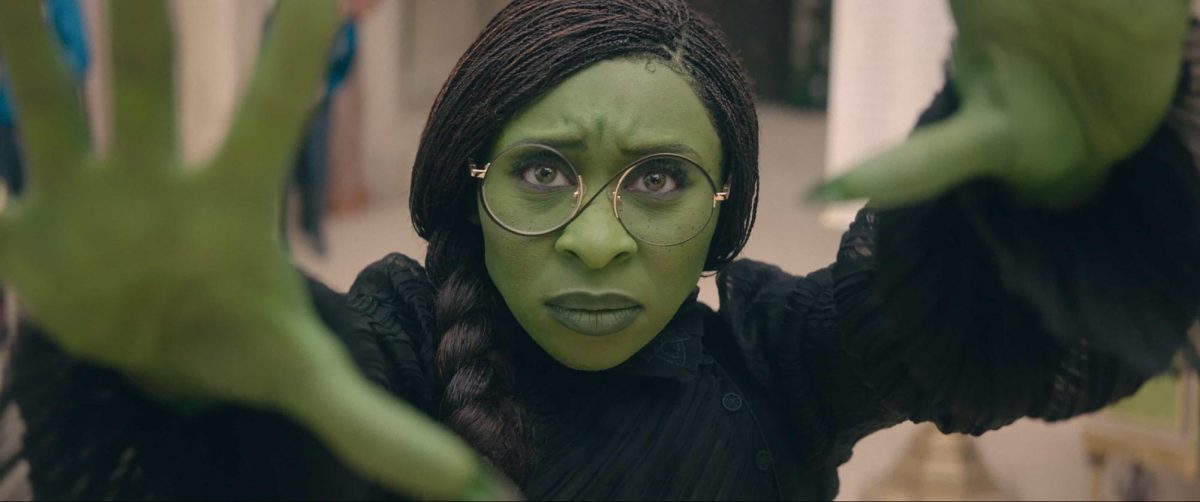Dr. Bulike has also written two other books that concern eating disorders, “Crave: Why You Binge Eat and How To Stop,” as well as, “Runaway Eating: The Eight-Point Plan to Conquer Adult Food and Weight Obsessions.”
Dr. Bulik was compelled to write “The Woman in the Mirror” because of two separate occasions where she overheard the same conversation held twice, one with a few girls ages six to eight, and a few women older than 60 complaining about their physical appearance.
“I was shocked when I realized that low self-esteem can span over an entire lifetime,” Dr. Bulik said.
The biggest factor in low self-esteem and eating disorders is not the media, but genetics. Through her research, Dr. Bulik has identified that disorders can be heritable — meaning they can play a role in risk for developing eating disorders. A combination of genetics and environmental factors contributes to the risk of an eating disorder.
“Genes load the gun and environment pulls the trigger,” Bulik said.
Throughout the book, Dr. Bulik explains the difference between body-esteem — which focuses on your physical appearance — and self-esteem, which consists of who you are and your personality. People, especially women, tend to blend these two esteems together, letting their body-esteem affect their self-esteem.
“Women are like Velcro when it comes to hurtful comments, but compliments tend to just bounce off,” Dr. Bulik said. “We begin to develop a negative self-esteem library.”
As humans we have what is called an “Interpersonal Sensitivity,” which refers to the accuracy of judgments and perceptions that we have. This causes people to perceive comments negatively, allowing it to affect their self-esteem.
One of the strategies Dr. Bulik uses is “Thought Archaeology,” where she has women reflect on their past and recognize the hurtful comments that have made an impact, breaking them down and analyzing them to re-write their internal script. This helps remove the effect it had on their self-esteem.
One example was a tall young girl that was told to stand in the back of the class picture by her teacher. From then on, whenever she was in a group picture, she automatically went to the back. Though the teacher’s comment was not meant to be hurtful, from a young girl’s perspective it had a different effect.
Dr. Buliks’ book consists of a variety of stories about girls and women. They also provide strategies and exercises that help separate body-esteem from self-esteem. Dr. Bulik is currently working on a research program called UCAN, which is funded by the National Institute of Mental Health and is part of the UNC Eating Disorders Program. UCAN aims to help couples where one or both partners have anorexia nervosa and work together to treat it.
“We look for our reflection of ourselves in other people,” Dr. Bulik said. “I hope this book will help unite women together.”






